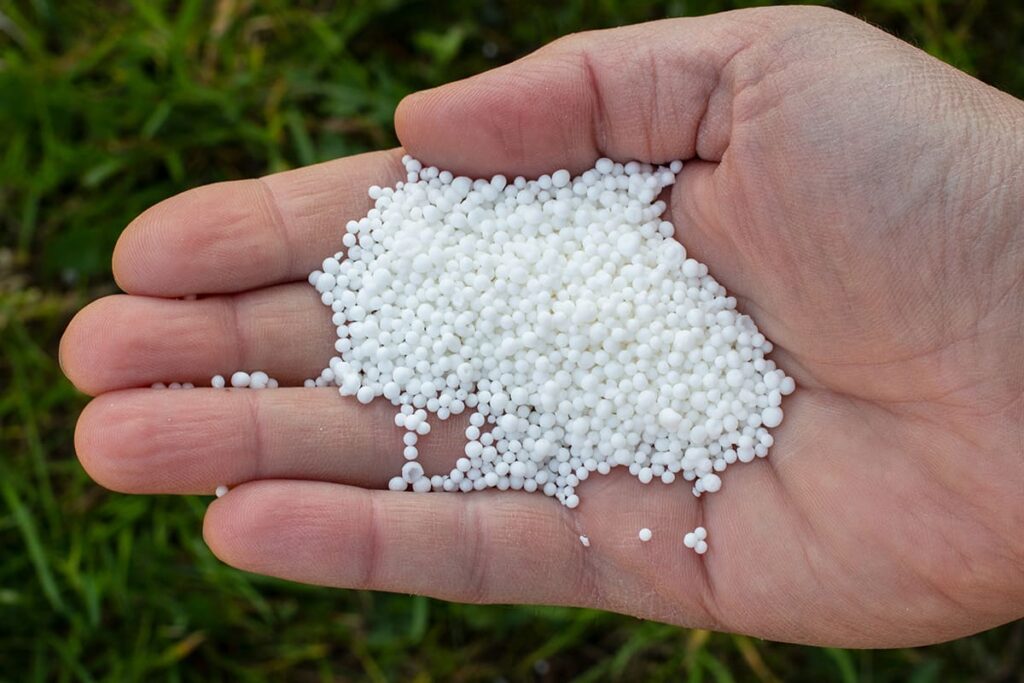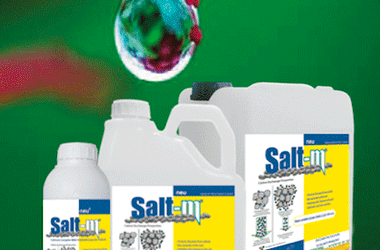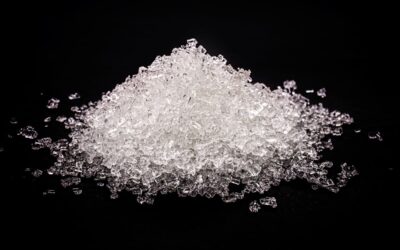Calcium Nitrate & Magnesium Nitrate
Calcium Nitrate
Calcium nitrate, which is among the nutritional supports of the soil, affects the crops rapidly. Calcium nitrate fertilizer, which is white in color and has a granular structure, is classified among water-soluble fertilizers. The main purpose of the use of agricultural calcium nitrate is to eliminate the calcium deficiency in the soil. The use of calcium nitrate is often preferred by farmers, thanks to its many advantages. You can benefit from our article to get to know the calcium nitrate fertilizer closely, and learn about its benefits and usage recommendations.
Benefits of Using Calcium Nitrate Fertilizer
Calcium nitrate fertilizers gives the crops many effects that are not found in other fertilizers. One of the most important benefits of calcium nitrate is to open the pores in dispersed soils. Regular use improves soil structure and brings particles together. It promises a positive effect for stable formation, water infiltration and soil aeration.
There are many advantages of using calcium nitrate fertilizer. The substance, which does not leave any residue in the soil, acts quickly because it is the only source of water-soluble calcium. To better understand the benefits of calcium nitrate fertilizer, it is necessary to know the consequences of calcium deficiency. When calcium is deficient, tomato rot, cucumber tip blight, and potato internal rust staining are seen. The use of calcium nitrate fertilizer helps to prevent these problems.
Having nitrogen in the form of nitrates is also beneficial for crops. In this way, many nutrients can be taken from the soil together with calcium. Especially in clay soils, ammonium cannot be taken because it holds nitrogen. Nitrogen support in the form of nitrate does not bind in the soil. It remains free in the root zone and plants can easily process nitrogen.
Magnesium Nitrate
Magnesium nitrate is a pure and crystalline fertilizer that is completely soluble in water, very suitable for eliminating magnesium deficiency in plants. It contains 15.4% MgO (9.5% Mg) and 10.8% nitrate nitrogen. Magnesium nitrate is a good magnesium carrier, as nitrate facilitates the uptake of magnesium in plants. Since it dissolves easily in water, it is suitable for foliar applications and nutrient solutions. It can be given together with many substances applied from the leaves.
Benefits of Using Magnesium Nitrate
Magnesium is a vital nutrient for healthy plant growth. It is an essential component of the chlorophyll molecule and therefore important for photosynthesis and carbohydrate formation. Magnesium participates in enzymatic reactions and aids in energy production. Magnesium deficiency delays the development of plants, resulting in reduced yield and quality. Magnesium deficiency appears as yellow stripes between leaf veins. Symptoms first appear on older leaves and continue into younger leaves as the deficiency worsens. In severe cases, necrosis (tissue death) may occur. The world’s leading agricultural countries such as Germany, Brazil, Slovakia, India and Canada use Calcium nitrate and Magnesium nitrate seeds for soil fertility.
We can list the main advantages of Magnesium Nitrate as follows:
- Magnesium Nitrate prevents and cures magnesium deficiencies
- It consists of 100% plant nutrients
- It does not contain chlorine, sodium and other harmful substances.
- Quickly and completely soluble in water
- Ideal for efficient applications with fustigation and foliar spraying



